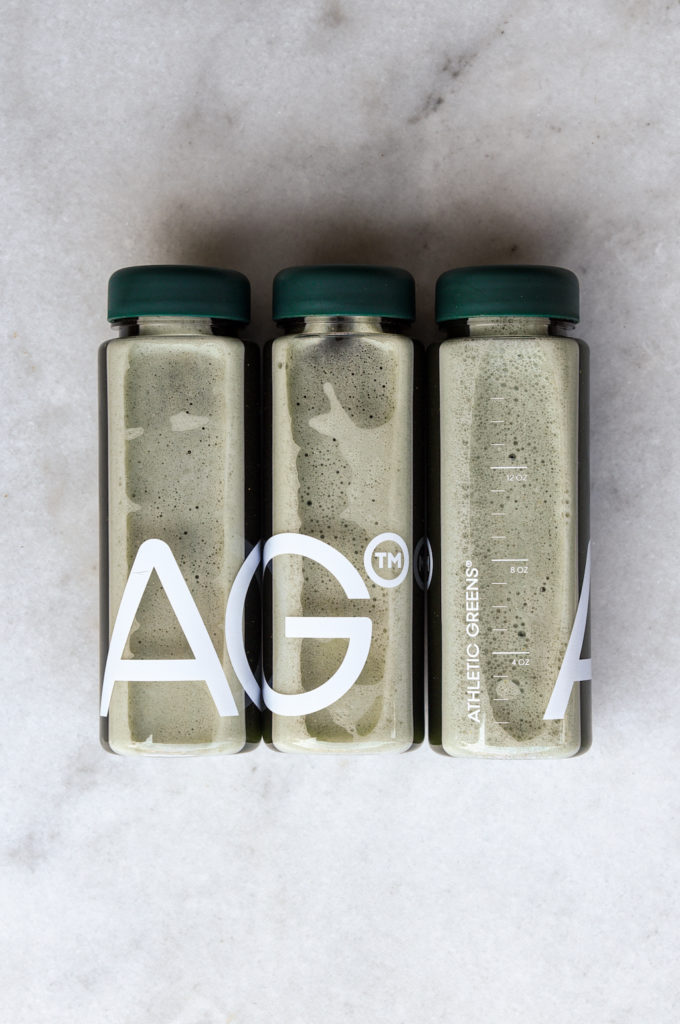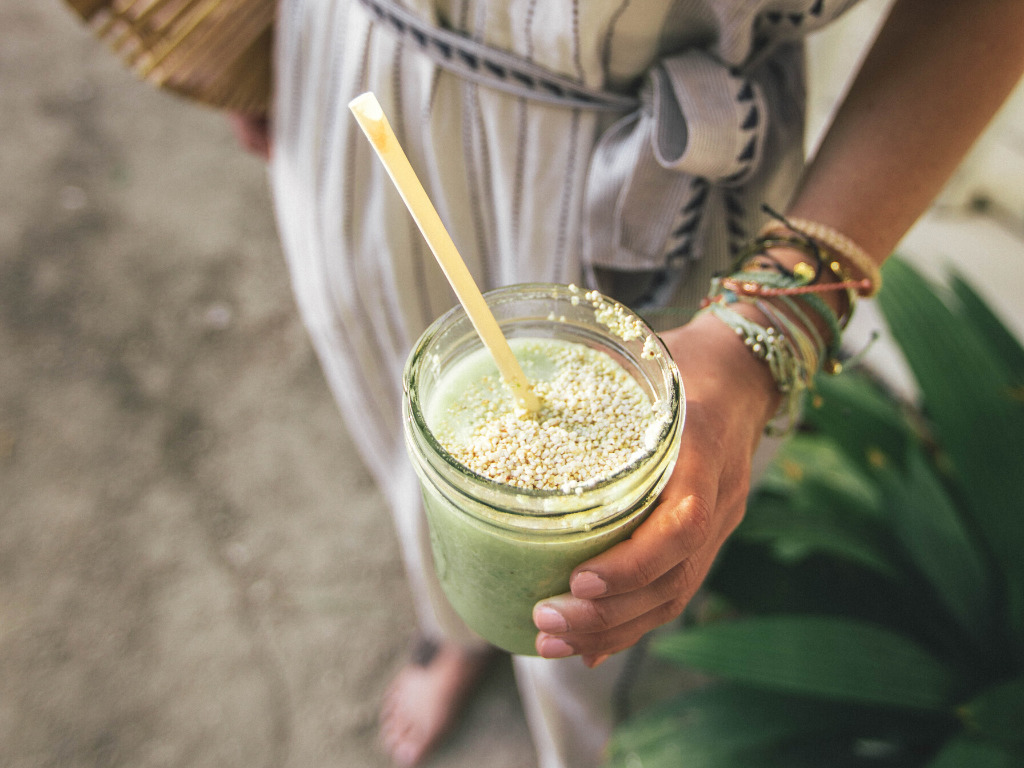Athletic Greens, Valued At $1.2 Billion, Is a Unicorn In More Ways Than One
4 Mins Read
The Covid pandemic elevated the already-booming health food and supplements categories to new heights. With its recent $115 million raise, Athletic Greens, the subscription-based green powder that boasts 75 vitamins, minerals, and whole-food sourced nutrients in a single serving, has catapulted itself to the top of the pile.
Athletic Greens is now valued at more than $1.2 billion—a unicorn by Wall Street standards and a unicorn in nearly every other way, too.
The company, founded in New Zealand in 2010 by CEO Chris Ashenden who was seeking to fix his own health issues, has skyrocketed to success with its powdered greens even despite the booming RTD category of wellness drinks that are now available in mainstream supermarkets, convenience stores, as well as Whole Foods Markets and traditional health food stores.
The brand built a cult following; at first, it was mainly athletes and wellness consumers, but that has since expanded to all types of consumers keen on boosting their health.
The new funding comes after an undisclosed amount raised last July. The new round includes Mark Vadon and returning investors Alpha Wave Global, S.C. Holdings, David Blitzer’s family office Bolt Ventures, and Dr. Peter Attia. Its backers also include an A-list roster of celebrities like Hugh Jackman, Cindy Crawford, and Steve Aoki.
“The funding allows us to really lean into that growth and the value that is there, continue to drive innovation and value back to our customers, and we’ve had a lot of things cooking in the kitchen that we’ll now accelerate and take this brand global,” Ashenden told Fast Company.
Functional beverage boom
The global functional beverages market is exploding; valued at nearly $110 billion in 2020, it’s expected to reach nearly $200 billion by 2026. The functional beverage category includes a wide range of products from fizzy kombuchas and healthy sodas to little ginger “shots” and of course, green drinks. There’s also the greens powders segment, where Athletic Greens technically falls—that market is significantly smaller: valued at $200 million in 2018 and expected to reach nearly $400 million by 2027.
But with so much competition, Athletic Greens is still at the top of the leaderboard, no less than a unicorn move for a subscription-based and pricey powder—a single bag of 30 servings costs $99, or about $3.30 per serving.

Athletic Greens is capitalizing on both categories; it is by all intents and purposes a powdered greens product. But it’s targeting—incredibly successfully—the functional beverage consumer, promising all of the benefits and the ease through a subscription model.
With the recent raise, Athletic Greens is eyeing new supply chain partners, accelerating R&D, expanding its geographical distribution, and building brand awareness. According to Ashenden, the company is expected to triple its 150-person workforce this year.
“It’s expanding on our ability to ultimately serve our customer and customers are at a point now, which is that generational shift, that they want to have more ownership of their own health,” Ashenden told TechCrunch. “Customers want a healthier, higher quality of life, and we’re here to serve them. This is about how we begin to empower a much larger customer base on an even more spectacular journey.”
Health 2.0
Ashenden says he is counting on the growing interest in healthier foods to continue to drive the brands’ success, even if its model isn’t as accessible or sexy as pulling a packaged beverage off of the store shelf. That practice has certainly met its challenge since Covid, and new habits at home have stuck.
“[L]iterally everyone in the world who has an internet connection and who wants to have a happy, healthy life and can afford us,” Ashenden told Fast Company.
Consumers are keen on taking control of their health in new ways, even pre-pandemic. Credit in large part, at least in the U.S. goes to former first lady Michelle Obama and her focus on improving kids’ diets as the country has some of the highest childhood obesity rates in the world.

The shift is perhaps most evident in the increased sales of plant-based foods—even in the form of the greasy fast-food burgers and chicken taking the country by storm.
But other efforts are picking up momentum, too. The dairy-free milk and cheese categories continue to rise and vegan meat sales are outpacing traditional meat in some markets.
Next month, Whole30, the popular whole-foods-based diet program (which it emphasizes is not a weight-loss program), will launch its first fully plant-based version.
The shifting awareness around health was also recently demonstrated when New York City’s mayor Eric Adams declared Vegan Fridays at all of the city’s public schools. Although the schools are still required by law to serve cow’s milk, the lunches served on Fridays will be vegan.
“If I look at the trends in play right now, we have a fundamental, generational shift of people wanting to have more ownership over their health, a desire to have control of that journey,” Ashenden told Fast Company. “We see a world where people wake up, brush their teeth, have a coffee, and take AG1—that cultural phenomenal idea of this becoming something you do every day. It’s in the early stage of acceleration. The new funding is to help continue to drive that.”
Lead photo by Roberto Nickson on Unsplash




